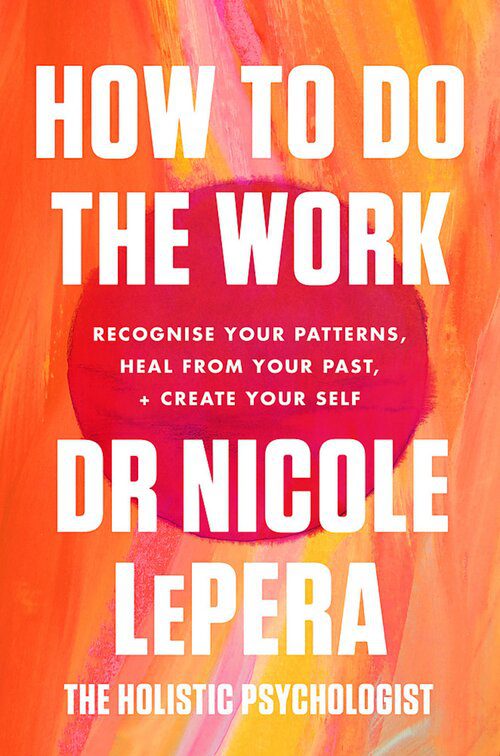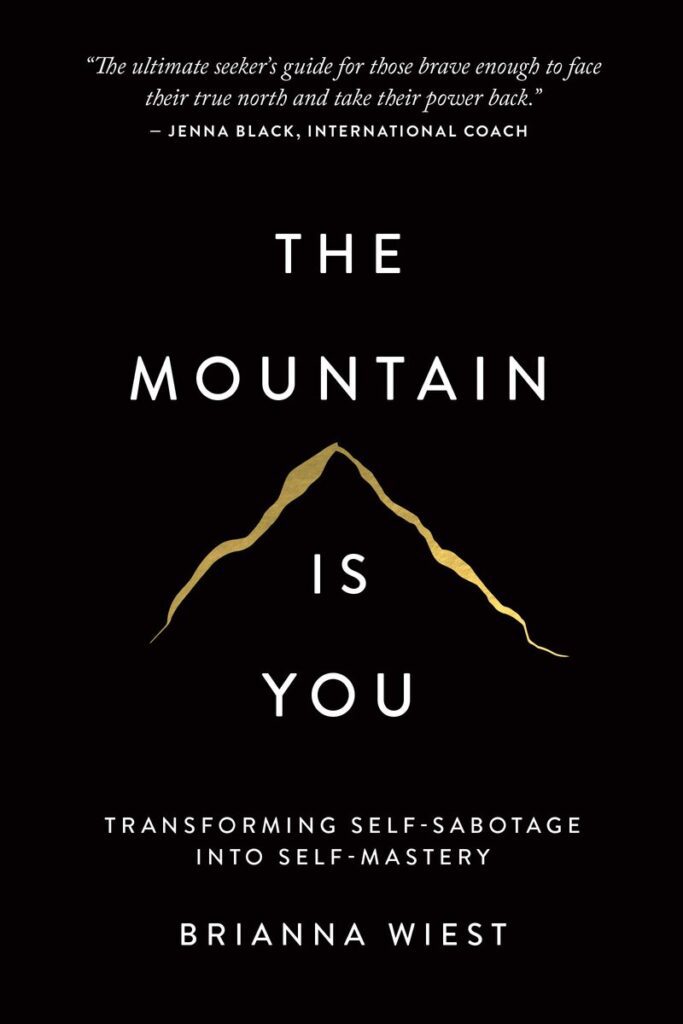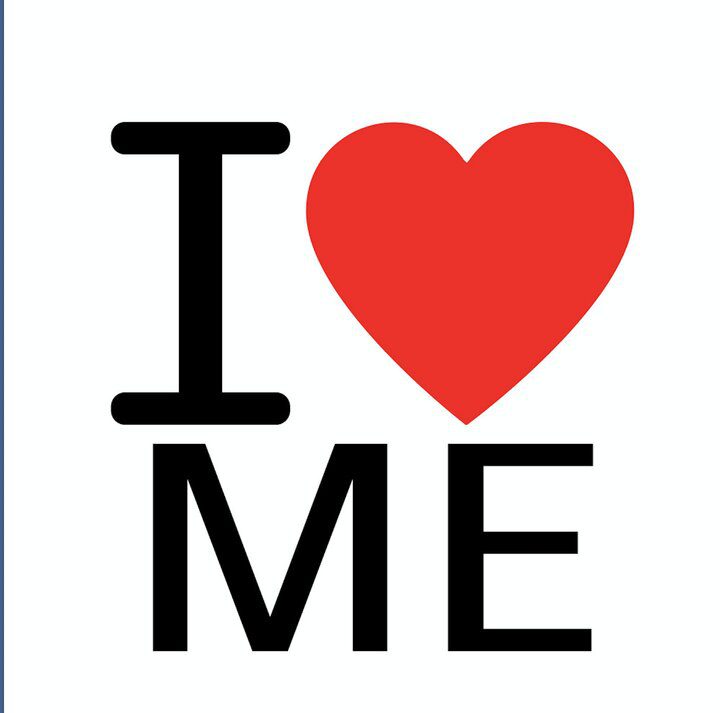Self-love involves prioritizing your needs and caring for your body, mind and soul. By nourishing yourself first, you have enough to give to others. It is often said, “You cannot give what you do not have. ” Self-love is about acknowledging the need to take care of our needs, not our wants, and to work towards self-betterment instead of sacrificing our needs to prioritize the happiness of others.
According to Jeffrey Borenstein, President and CEO of the Brain & Behavior Research Foundation,
Self-love is a state of appreciation for oneself that grows from actions that support our physical, psychological and spiritual growth. Self-love means having a high regard for your own well-being and happiness. Self-love means taking care of your own needs and not sacrificing your well-being to please others. Self-love means not settling for less than you deserve.
Self-Esteem vs Self-Respect 1
The word esteem derives from a word meaning to estimate. Self-esteem is the intuitive “estimate” we make of our worth based on an assessment of our innate talents, abilities and the success we’ve had at getting what we want in life.
The word respect literally means to “look back.” Selfrespect arises, therefore, out of a favorable retrospective assessment of one’s personal effort, commitment to socially desirable goals and, if luck would have it, achievement.
To put it more simply, our sense of self-esteem derives from what we know we have, while our sense of self-respect derives from what we’ve done with what we’ve been given.
Holistic Psychology 2
It’s a movement of empowerment that’s committed to the daily practice of creating your own wellness by breaking negative patterns, healing from your past, and creating your conscious Self.
Holistic Psychology focuses on the mind, body, and soul in the service of rebalancing the body and nervous system and healing unresolved emotional wounds. This work gives you the power to transform yourself into the person you’ve always been at your core. It tells a new, exciting story, where physical and psychological symptoms are messages, not lifelong diagnoses that can only be managed.

Reparrentting 2
The reparenting process looks different for everyone. Generally, we want to quiet our inner critic and embrace self-respect and compassion. With the help of the wise inner parent, you can learn how to validate your reality and feelings by witnessing them, rather than instinctually judging or ignoring them. Your wise inner parent cultivates acceptance while honoring the needs of your inner child—to be seen, heard, and valued for the authentic parts of yourself. You become the priority.

Your self-concept is an idea that you have spent your whole life building. It was created by piecing together inputs and influences from those around you: what your parents believed, what your peers thought, what became self-evident through personal experience, and so on. Your self-image is difficult to adjust, because your brain’s confirmation bias works to affirm your preexisting beliefs about yourself. When we self-sabotage, it is often because we have a negative association between achieving the goal we aspire to and being the kind of person who has or does that thing.
The greatest act of self-love is to no longer accept a life you are unhappy with. It is to be able to state the problem plainly and in a straightforward manner
Meditations
- Daily Calm with Tamara Levitt – Shoshin
- When we practice Shoshin, we offer a practice of openness, eagerness, and lack of preconceptions. Even as an advanced student, we approach everything as a beginner; we strive to bring a mind of curiosity to everything. We are continually interested in seeking and investigating without any fixed ideas or expectations.
We shall not cease from exploration. And the end of all our exploring. Will be to arrive where we started. And know the place for the first time. – T.S.Elliot
Daily Jay with Jay Shetty – Halo Effect
- Halo Effect – Edward Thorndike: A cognitive bias in which one aspect of the person, brand, product, or institution affects one’s thoughts or judgment of the entity’s other aspects or dimensions.
- Our brain loves to make predictions about the distant future and in the moment. About what people are like and how they would behave.
Podcast
- Pixar’s Formula For Storytelling Success & Emotional Persuasion w/ Founder Ed Catmull EP 1474 | The School of Greatness
All the Best in your quest to get Better. Don’t Settle: Live with Passion.



Comments are closed.